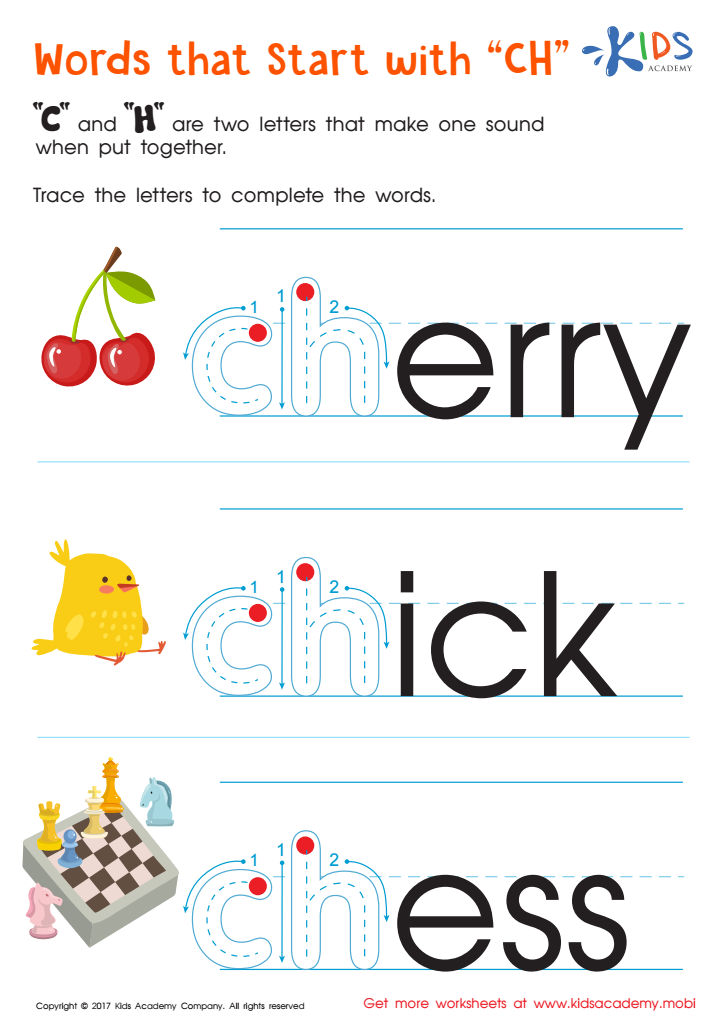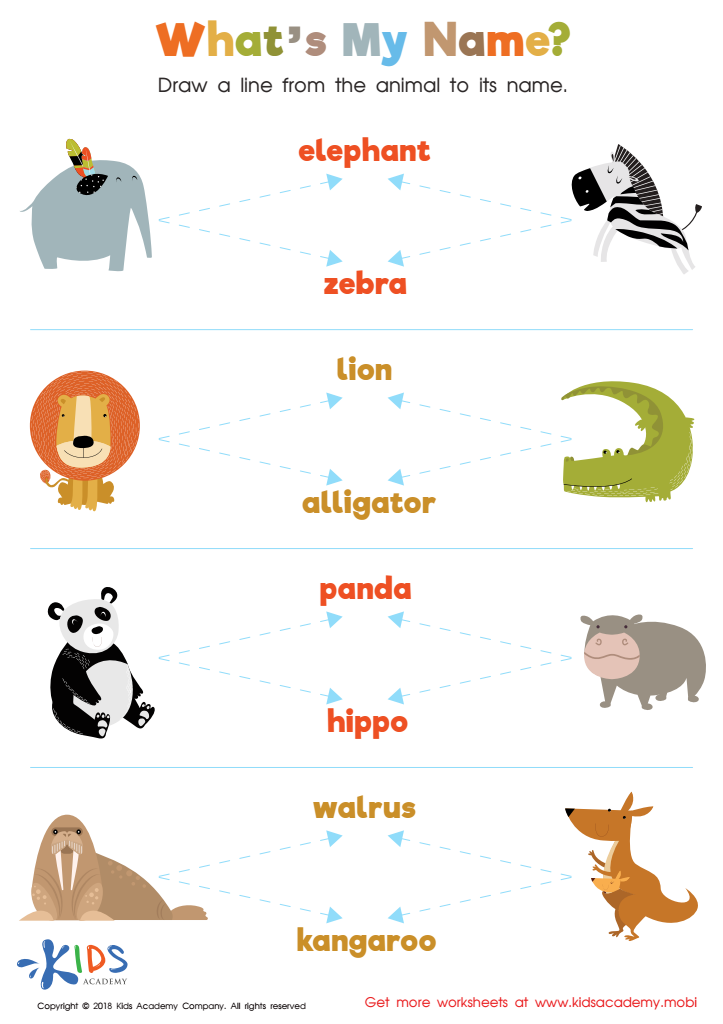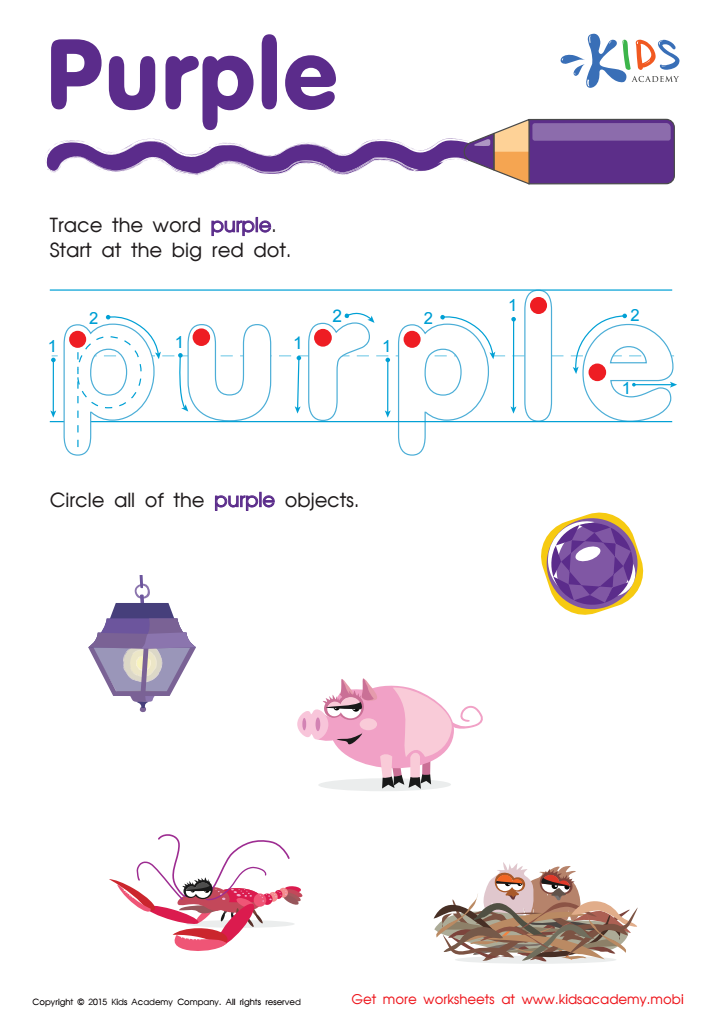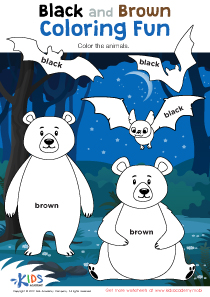Reading Skills English for Beginners Worksheets for Ages 7-9
3 filtered results
-
From - To
Boost your child’s reading abilities with our "Reading Skills English for Beginners Worksheets for Ages 7-9"! These expertly designed worksheets, inspired by Kids Academy, provide engaging activities to improve vocabulary, comprehension, and fluency. Perfect for young learners, each worksheet blends fun and education, ensuring a strong grasp of fundamental reading concepts. With a variety of exercises that include passages, questions, and interactive tasks, children will build confidence as they advance their reading skills. Ideal for both classroom and at-home practice, these resources are an excellent aid in guiding your child towards reading proficiency and a love for English.


Words That Start with "ch" Spelling Worksheet


Animals and Their Names Worksheet


Purple Tracing Color Words Worksheet
Reading skills are foundational for a child's educational journey and overall development, particularly for children aged 7-9 who are in a critical learning phase. During these formative years, building strong reading capabilities not only enhances their ability to decode and comprehend texts but also fuels their curiosity and love for learning. Reading for beginners at this age aids in vocabulary growth, improves phonemic awareness, and fosters syntax and grammar understanding, essential for more complex language skills.
Parents and teachers' roles are pivotal in nurturing these skills. By paying attention to early reading proficiency, they lay the groundwork for academic success across subjects—since reading is integral to understanding and absorbing content in science, history, and other areas. Engaging with children through age-appropriate books, interactive reading, and literacy activities also strengthens cognitive and social skills, including imagination, concentration, and empathy.
Supporting reading for beginners encourages a lifelong habit of lifelong learning and intellectual growth. Statistics show that children who cultivate good reading habits at a young age often perform better academically and have greater self-esteem. Importantly, early reading support can help identify and mitigate potential learning difficulties, paving the path for tailored assistance and ensuring no child falls behind. Prioritizing reading skills isn't just about mastering text; it's an investment in a child's future.
 Assign to My Students
Assign to My Students












